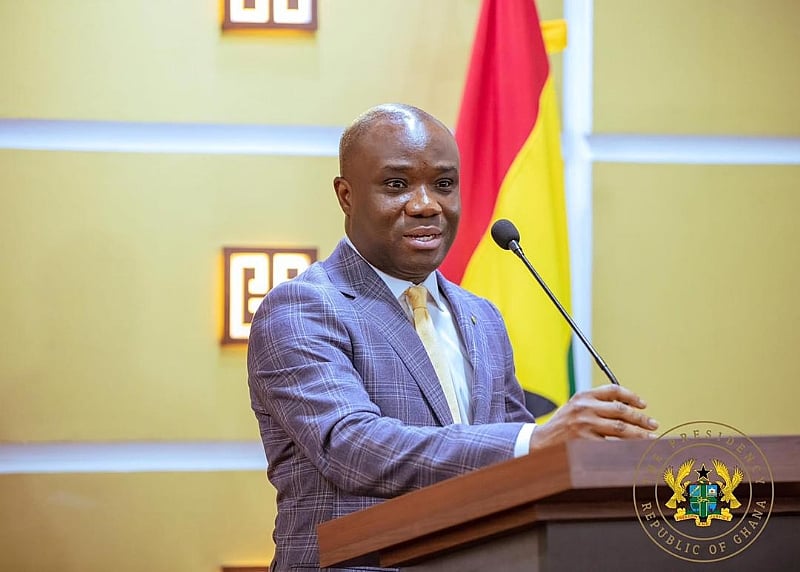The controversy surrounding former President Nana Akufo-Addo’s official travels has taken center stage in Ghanaian politics, sparking a heated debate about transparency, accountability, and the use of public funds. The crux of the matter lies in allegations that the Presidency, under John Dramani Mahama, directed the National Intelligence Bureau (NIB) to investigate the details of Akufo-Addo’s travels during his time in office. These allegations, fueled by media reports, suggest a politically motivated attempt to scrutinize the former president’s spending and potentially uncover improprieties. However, the government has vehemently denied these claims, asserting that no such directive has been issued to the NIB and dismissing the reports as baseless fabrications intended to sow discord and undermine the former administration. This denial, delivered through a Facebook post by Felix Kwakye Ofosu, Minister of State in charge of Government Communications, aims to quell the rising tide of speculation and reassure the public that the government is not engaging in partisan witch-hunts.
The core argument driving the demand for an investigation into Akufo-Addo’s travels revolves around the perceived extravagance and excessive expenditure associated with these trips. Critics contend that the financial burden placed on taxpayers was unwarranted and that the funds allocated to these travels could have been better utilized for other pressing national needs, such as infrastructure development, education, or healthcare. They argue that a thorough investigation is necessary to determine the justification for these expenses and to ensure that public funds were used responsibly and in accordance with established protocols. The lack of transparency surrounding the specifics of these travels, including the destinations, durations, and associated costs, has further fueled suspicions and amplified calls for accountability. This combination of perceived extravagance and a lack of readily available information has created fertile ground for speculation and fueled the controversy.
The government’s response, however, paints a different picture. They maintain that the allegations of an NIB investigation are unfounded and that no such directive has been issued from the Presidency. They argue that the media reports are based on unsubstantiated rumors and are part of a broader campaign to discredit the government and create unnecessary political tension. Furthermore, they emphasize that the government respects the office of the former president and would not engage in actions that could be perceived as harassment or politically motivated persecution. They contend that the focus should be on moving forward and addressing the challenges facing the nation, rather than dwelling on unsubstantiated accusations and engaging in partisan bickering.
Despite the government’s denials, the controversy persists, largely due to the underlying concerns about transparency and accountability in public spending. The public’s right to know how their tax money is being spent, particularly in the context of official travels by high-ranking officials, remains a central issue. The lack of readily available information about the specific details of Akufo-Addo’s travels has created a vacuum that has been filled by speculation and accusations. This underscores the importance of proactive disclosure and transparency in government operations to prevent such controversies from arising in the first place. The government’s insistence that no investigation is underway does little to address the underlying concerns about the potential misuse of public funds and the need for greater transparency.
The ongoing debate highlights the delicate balance between respecting the office of the former president and ensuring accountability for the use of public resources. While the government maintains that no investigation is necessary, the public’s right to know how their tax money is spent remains paramount. A potential solution could involve the establishment of clearer guidelines and protocols for official travel by high-ranking officials, coupled with increased transparency in the reporting of these expenses. This would allow for greater public scrutiny and help prevent future controversies of this nature. Furthermore, it would contribute to fostering a culture of accountability and responsible governance.
In conclusion, the controversy surrounding former President Akufo-Addo’s travels underscores the importance of transparency and accountability in public spending. While the government has denied ordering an investigation, the public’s demand for information and clarification persists. Moving forward, greater transparency and clearer guidelines regarding official travel expenses are crucial to building public trust and preventing similar controversies from erupting in the future. This will contribute to a more robust and transparent system of governance, where the use of public funds is subject to appropriate scrutiny and accountability.


